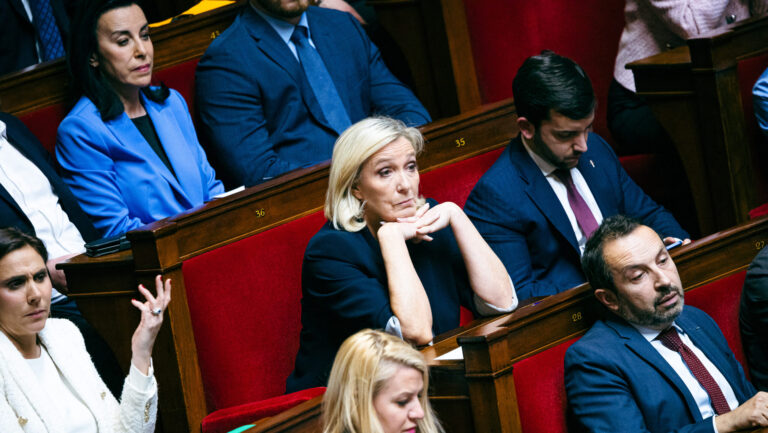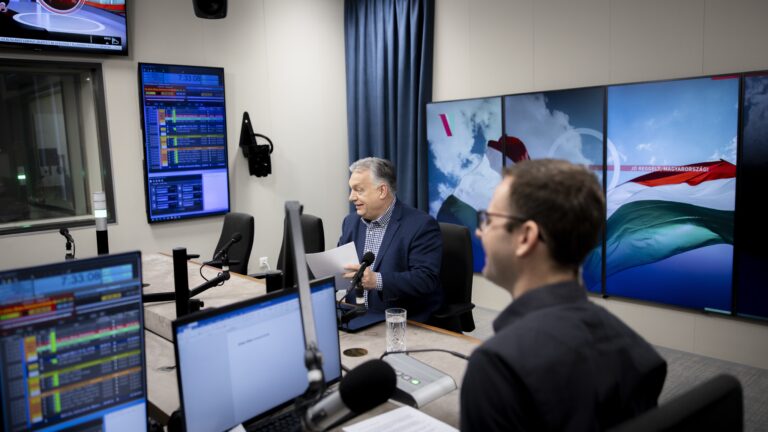‘Even if we don’t receive a single cent from the European Union, we will still carry out the development of healthcare,’ Ministry of the Interior State Secretary responsible for healthcare Péter Takács declared on Thursday, 3 August. Takács also stressed that medical assistants working in general practices will not be excluded from the salary increase in July.
In the autumn legislative package, the government will broaden the competencies of general practitioners, for example, they will regain prescription rights for certain medications that were previously taken away. Additionally, the government will announce a tender through which general practices can acquire the necessary equipment for on-site laboratory tests. In the so-called European convergence package, the plan is for more competency-increasing developments, but the programme has been blocked by Brussels bureaucrats for a year and a half, the state secretary remarked.
Takács explained that general practitioners, paediatricians, and dentists working in primary care, as well as healthcare professionals and assistants, will all benefit from the 18 per cent salary increase from July. The allocated funds will not be given as direct wage subsidies, but as a freely available budget. The social consultation will be completed in five to six working days, after which the related legislation will be published in the Hungarian Gazette, and the National Health Insurance Fund will then be able to calculate the exact salary amounts, he stated. The politician reminded that the workers in the aforementioned groups have different employment statuses: some are under Labour Code regulations, some work as individual entrepreneurs, and others are employed through labour agencies, so different salary grades and steps apply to them.
He mentioned that the government had to first assess whether the wage increases are feasible within the current practice-financing system. The leaders of the general practitioner community presented well-supported calculations and made it clear that they are not. The government accepted this, according to Péter Takács, underscoring that this may have been misunderstood by the Hungarian Medical Chamber, which, as he put it, ‘occasionally uses different communication in public than at the negotiating table.’
He also mentioned that with the 18 per cent salary increase in July, the basic wage of an average healthcare worker who has been working as a nurse for 20 years will increase from 390,000 to 460,000 forints, which is a ‘significant hike.’ He added that in the past four years, the pay of healthcare professionals has increased by 72 per cent on average, and the salary increase programme will continue from March next year.
Takács recalled that during the coronavirus pandemic, doctors experienced a ‘historic salary increase,’ and at that time, the wage gap between doctors and nurses indeed widened, but as of March, the average pay difference between physicians and nurses will be reduced to 37 per cent, according to the plans. The state secretary explained that the government is radically transforming the pay scales of healthcare professionals, in consultation with the Hungarian Chamber of Healthcare Professionals and trade unions.
Related articles:
Source: Hungarian Conservative/MTI








